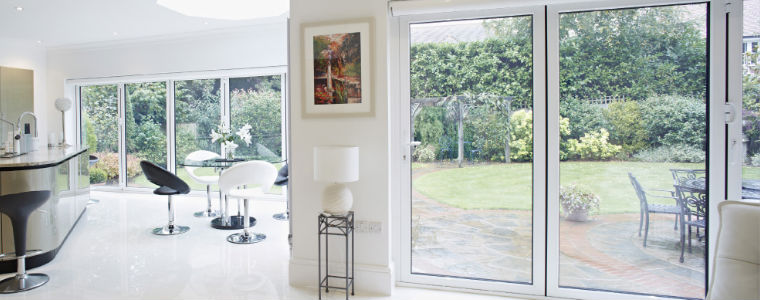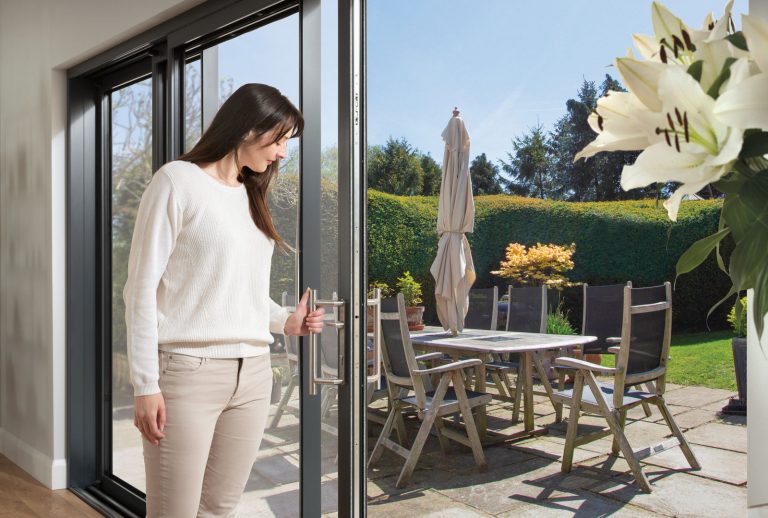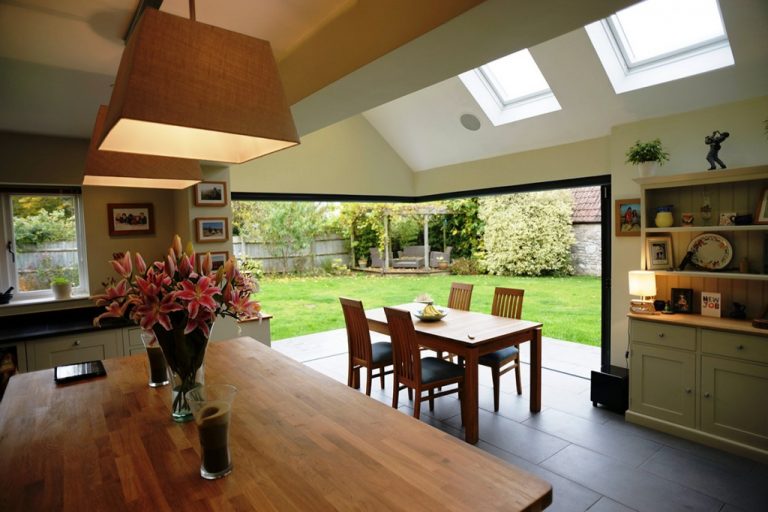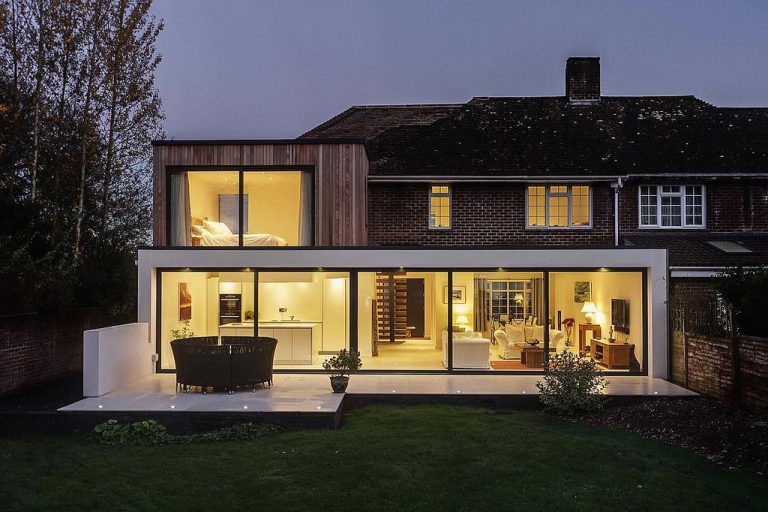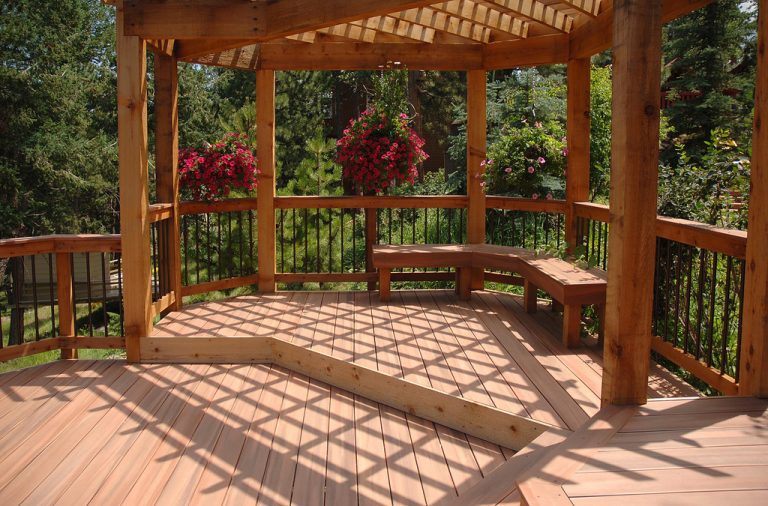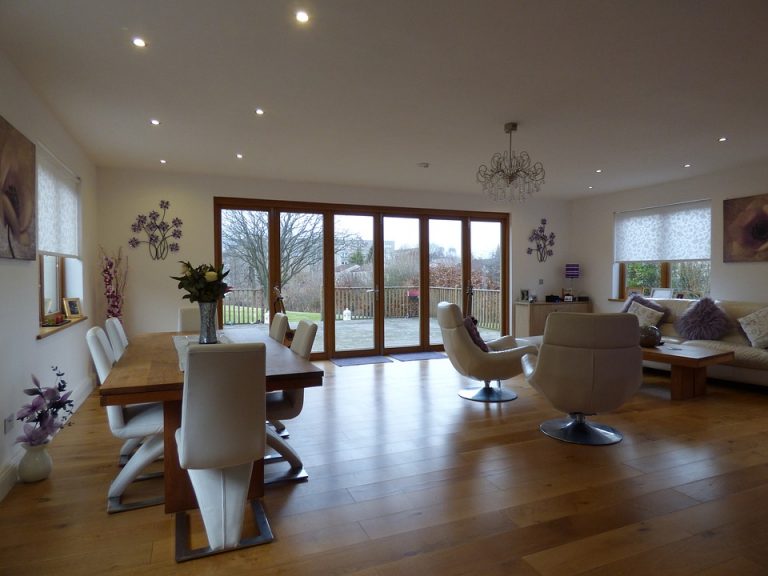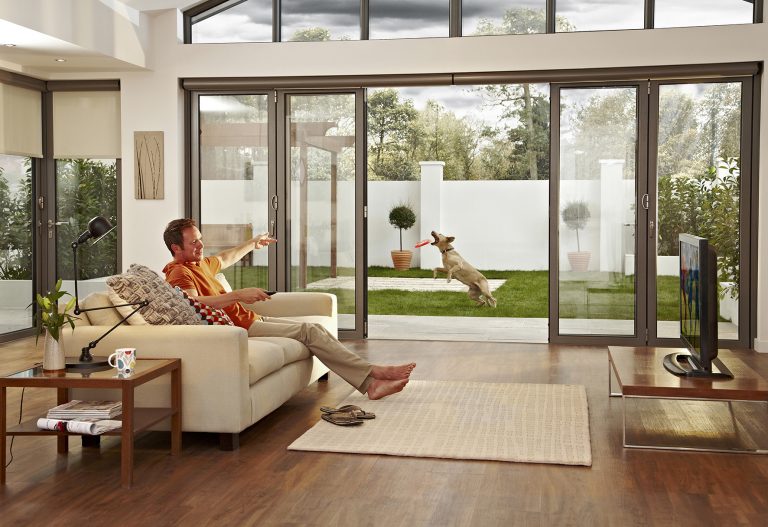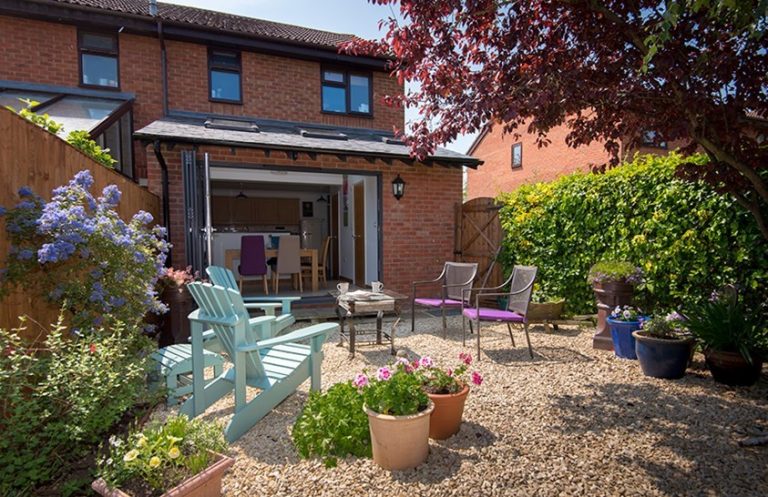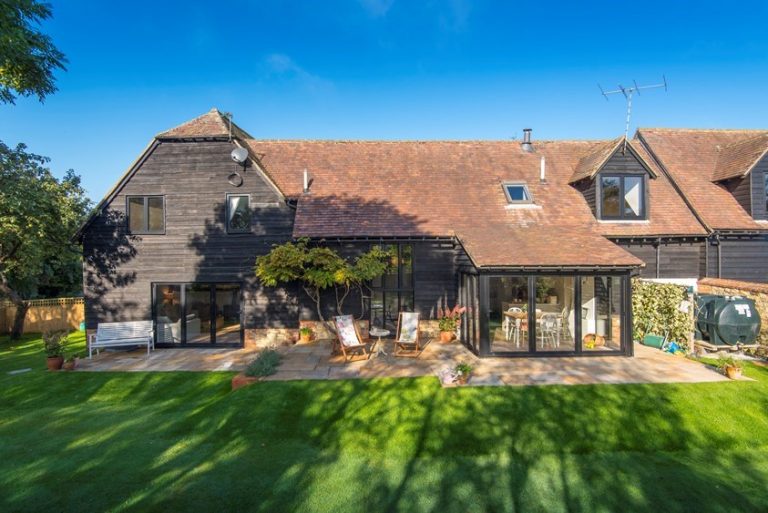An article in the prestigious Scientific American magazine refers to an area of the brain called amygdala. This section of the brain is used to deal with fear and anxiety. A study cited by the article indicates that city dwellers are more prone to have high activity levels in the amygdala.
City dwellers love the convenience of living in the centre of culture, sports, arts and theatre. Often, terrific hospitals and educational centres thrive in urban areas. Cities are vibrant, young and energetic. People who live in cities tend to be more aware of their surroundings than people who live in suburbs.
However, those in the city tend to have higher activity levels in the amygdala than non-city dwellers. High activity levels in the amygdala is not always beneficial. This can be symptomatic for stress and all the health risks that stress presents. Some of the most missed elements in living in today’s cities are green spaces, light, nature and flowers. To reduce the stress and reduce activity in the amygdala, city dwellers are advised to maximise their window space, add patios or outdoor balconies.
It’s all good. In fact, these amenities have a positive effect on mental health whether the residence is urban or suburban. Scientists and psychologists have long advocated the important benefits of light, greenery and nature on the human mind. In homes, these elements can contribute positively to the overall mental health of the entire household.
EASIER THAN EVER TO LET NATURE IN
One of the biggest tests that residents of homes in the UK face is the “seasonal depression” that our weather can subtly or not-so-subtly effect on families. The impact of closed-in environments is best exemplified by “solitary confinement.” Prisoners in solitary confinement are denied light, nature and even sound as a form of punishment. We can unconsciously create this sensation in poorly lit homes or homes without good natural lighting plans. Emotionally, there is a large difference between homes with natural light and artificial, man-made light.
Additionally, humans want to be aware of their surroundings. We enjoy the sky, the weather and the green spaces and concrete structures that dot the skyline. Residents in homes or apartments that have high degrees of light and outside exposure are happier, less stressed and more productive than persons who live in closed-in environments.
Today, it is easier than ever to let nature into the home or apartment. With modern-day technology, today’s windows are thermally efficient and glazed to provide high insulation factors. In most cases, installation is quick and relatively non-invasive. Think about opening up a room with a multifold door to a balcony or deck or installing a window that captures the scenic beauty of your surroundings. You and your family will feel better, be more productive and love what you see.
ADDING SPACE AND FLOW ALSO HAS BENEFITS
In addition to letting the outdoors in, consider improving the traffic flow and openness of your residence. Psychologists believe that the more open the traffic flow, the more social the residence is. Glass doors, bay windows and a number of other relatively inexpensive renovations can open the living space and help create a fun, engaging traffic pattern.
Open space is also popular in the workplace for these very reasons. For homeowners and business owners who want to increase the social interaction in their home or workplace, multifold doors and added glass are popular improvements.
From the investor’s perspective, there is enough scientific data to suggest that the benefits of improving flow and visibility far outweigh the costs. While you might be able to quantitatively address the improved productivity, it is impossible to put a value on the increased mental and physical health advantages of opening up the home or office to the surroundings.

